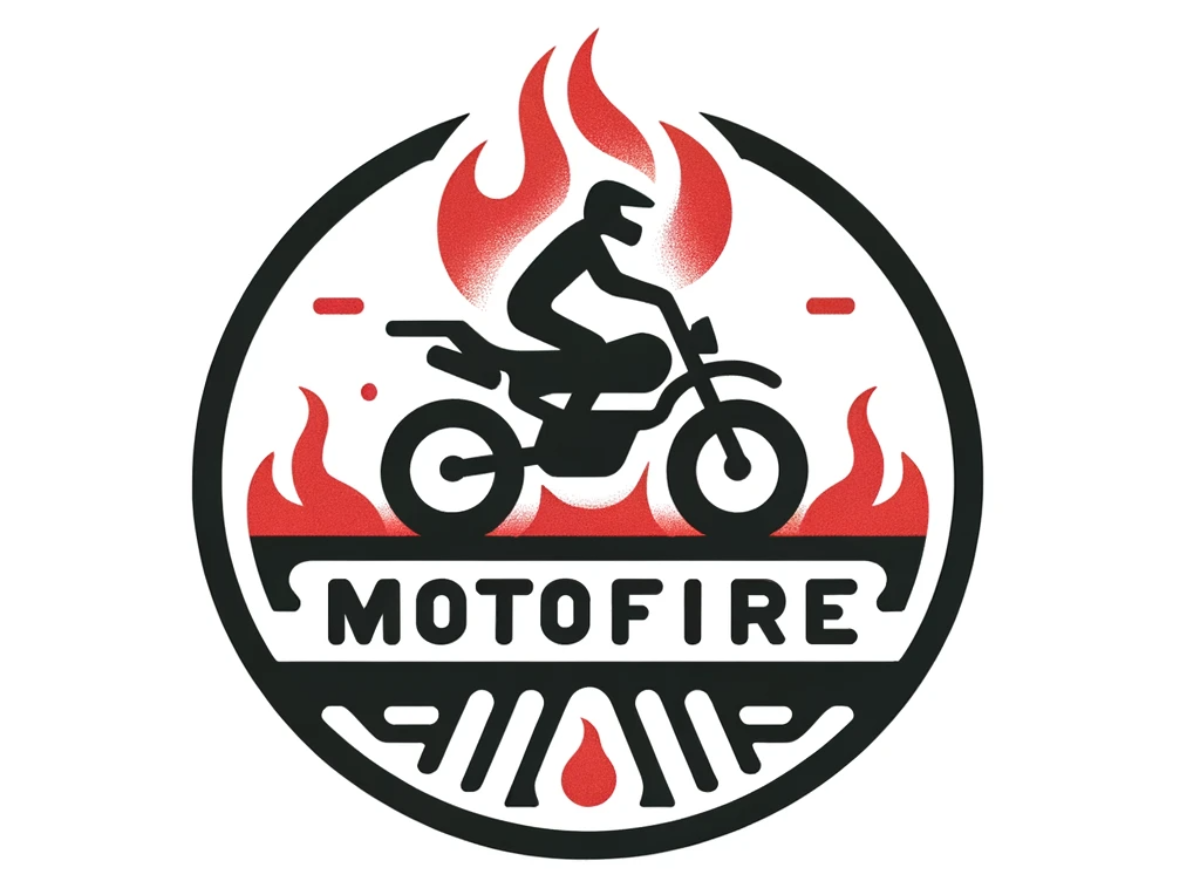Where can you find the best motorcycle riding instructors?

Finding the Right Motorcycle Riding Instructors
When it comes to learning how to ride a motorcycle safely, the quality of your instruction is crucial. A great motorcycle riding instructor can make the difference between developing good riding habits from the start or having to unlearn bad habits later on. Here’s how you can find the best motorcycle riding instructors that suit your learning style and needs.
Motorcycle Safety Foundation (MSF) Courses
In the United States, the Motorcycle Safety Foundation is widely recognized for offering some of the best training programs for riders of all levels. Their courses are taught by experienced instructors and are designed not only for beginners but also for those looking to enhance their skills. Here’s what you can expect from an MSF course:
– **Basic RiderCourse**: Ideal for beginners, it covers the fundamentals of operating a motorcycle, including clutch control, braking, and turning.
– **Advanced RiderCourse**: For more experienced riders, enhancing cornering, braking, and evasive maneuvers.
– **Specialized Courses**: These courses focus on specific skills like dirt bike riding, scooter riding, and even one-on-one coaching.
Motorcyclist Training Centers and Local Dealerships
Another great source for finding experienced instructors are dedicated motorcyclist training centers and local motorcycle dealerships. Often, they partner with certified trainers to offer classes:
– **Local Training Centers**: They might offer a range of courses, from beginner to advanced, each with a focus on building skills and confidence.
– **Dealership Classes**: These are sometimes free or offered at a discount when you purchase a motorcycle. Dealerships might also provide courses that give you an opportunity to test different types of motorcycles.
Research Online Reviews and Testimonials
One of the most effective ways to assess the quality of motorcycle riding instructors is to look at what former students have to say:
– **Google and Yelp Reviews**: These platforms provide insight into others’ experiences with local instructors, including both praises and concerns.
– **Social Media and Forums**: Groups and communities on platforms like Facebook or motorcycle forums can offer personal recommendations and feedback.
Consider Instructor Certifications and Experience
Certification and experience are key indicators of a professional and competent instructor.
– Check if the instructor or school is certified by recognized institutions or governing bodies.
– Ask about their years of experience in both riding and teaching. More years can indicate a higher level of expertise.
– Inquire about any additional qualifications they might have, such as first aid certifications or awards in motorcycle riding competence.
Questions to Ask Potential Instructors
Before deciding on an instructor, don’t hesitate to ask questions:
– What is the student-to-instructor ratio?
– Are the motorcycles and safety gear provided?
– What is the structure of the riding course?
– Can they provide a breakdown of practical versus classroom learning?
– What happens in the event of bad weather?
– Is there a pass rate for their students?
Assessing Your Personal Learning Style
Everyone has a unique learning style, and it’s important to find an instructor that matches yours:
– If you’re a visual learner, look for instructors who use plenty of demonstrations.
– If you prefer a hands-on approach, seek out courses with more riding time and less classroom instruction.
– If you value personal feedback, find smaller classes or one-on-one instruction.
Finding the best motorcycle riding instructor is essential for learning proper techniques and ensuring safety on the road. By considering certified MSF courses, local training centers, online reviews, instructor qualifications, and your personal learning style, you’ll be positioned to make an informed decision. Remember, the right instructor can vastly improve your riding skills and overall enjoyment of motorcycling.
Take the time to do your research, ask questions, and choose wisely. With the right guidance, you’ll be on your way to becoming a proficient and safe rider.






